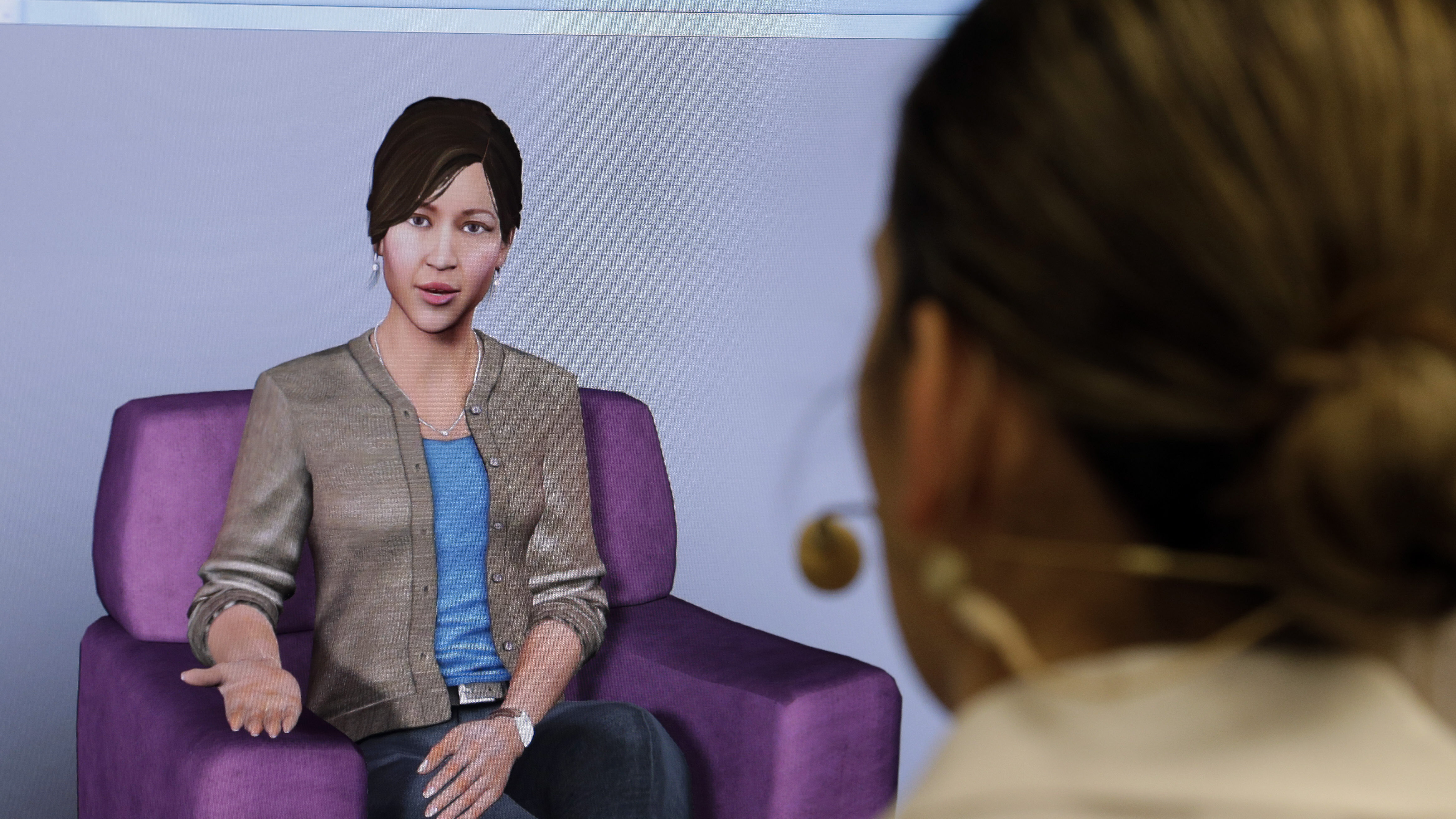How to handle new baby stress
Apr 20, 2024, 5:00 AM | Updated: Apr 22, 2024, 10:59 am

It's Child Abuse Prevention Month, and Intermountain wants parents to know how to deal with the stress of a new baby. (Canva)
(Canva)
SALT LAKE CITY — April is Child Abuse Prevention Month. In light of this, Intermountain Primary Children’s Hospital wants to make sure new and expecting parents know how to handle the stress of a new baby.
Dr. Tagrid Ruiz with the University of Utah Health and Intermountain Primary Children’s Hospital said that child abuse is preventable. Prevention starts with planning for difficult times.
“No one plans on abusing their child, but it happens, and it might happen in my family or your family,” Ruiz said in a press release. “We’ve got to start talking about the kind of stress that comes when a baby won’t stop crying. And then, we need to create a plan to help us respond to the stress rather than react to it.”
The first step, according to Ruiz, is to acknowledge how difficult new babies can be.
“You can love and desire and want a child and also feel overwhelmed at times,” she said. “Once we’ve acknowledged that as a family, then the next step is establishing who your support network is.”
Parents should have people they can acknowledge as someone they can rely on when times get tough. Ruiz advised that parents reach out to these people in moments when they are particularly frustrated and need clarity.
She also advised that parents know what resources are available.
“If you’re, for example, like me … you don’t have family members nearby … know what your resources are in your community,” Ruiz said. “For example, you can call The National Parent Helpline. You can also learn about respite nurseries in the community, which can help provide some space when you’re in that overwhelming moment.”
All parents are new parents and may be at risk of child abuse
Ruiz emphasized that all parents are “new parents” when there’s a new baby.
“Even if you have five other children, you are always a ‘new parent’ to that one child,” she said. “Every child that you have is different … They come with their own set of challenges.”
While all “new parents” are at risk of perpetuating child abuse, parents who have not had children before are especially at risk.
“[First-time-parents] haven’t been through that change quite yet of suddenly finding yourself responsible for this new life and feeling all of the feelings that you have when you’re in that transition,” Ruiz said. “If you’re not anticipating that you can be vulnerable- if you’re only anticipating the awesome, and amazing and beautiful parts of parenthood … then when you reach that point … then you really don’t know how to respond.”
Learn to respond rather than react
Ruiz said these parents will react rather than respond to the frustration.
“It was always something that ‘is not going to happen to me.’ And, so often we’re hit with a different reality,” she said. “It can feel really isolating to not be able to soothe your child. And that can get you into a very very dark space … If you don’t anticipate that that could happen to you, then you will not know where to turn and how to respond when you’re in there.”
Ruiz said parents need to remember that crying is the only way for babies to express themselves. There is no alternative. She said parents should feel safe putting their baby down and removing themselves so they can respond rather than react to the crying.
“Have a written plan that you can turn to in those moments,” she said. “And say … ‘I wrote down the steps of what to do next. I know who to call (and) I know where to turn,’ And, it’ll get you through.”
Michael Camit contributed to this story.













